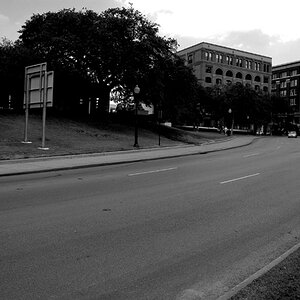goodguy
Been spending a lot of time on here!
- Joined
- Dec 5, 2012
- Messages
- 5,555
- Reaction score
- 1,121
- Location
- Toronto Canada
- Can others edit my Photos
- Photos OK to edit
I think moving to mirrorless is a personal choice, I know most people are happy with this choice but I also know of some that came back to DLSR.
As I said DSLR has its advantage, mirrorless still didnt catch up with DSLR in all ways and especially with its AF system it has few years of R&D to do.
For me putting aside AF issues the main problem with mirrorless is its small choices with FF sensors, there is only 1 and thats the Sony A7, good camera but it suffers from 2 main issues
Not impressive AF system and very poor lens selection.
If you are ok to invest in a system that is crop sensor and understand it will probably never go FF then Fuji is a good choice.
If Sony had good lens selection then their a6000 would be a good investment too.
So as I said its very personal what you want to go for and is the AF good enough for you.
BTW even the Fuji with good fast lenses you are looking at a fairly big system, fast lenses always mean BIG lenses.
As I said DSLR has its advantage, mirrorless still didnt catch up with DSLR in all ways and especially with its AF system it has few years of R&D to do.
For me putting aside AF issues the main problem with mirrorless is its small choices with FF sensors, there is only 1 and thats the Sony A7, good camera but it suffers from 2 main issues
Not impressive AF system and very poor lens selection.
If you are ok to invest in a system that is crop sensor and understand it will probably never go FF then Fuji is a good choice.
If Sony had good lens selection then their a6000 would be a good investment too.
So as I said its very personal what you want to go for and is the AF good enough for you.
BTW even the Fuji with good fast lenses you are looking at a fairly big system, fast lenses always mean BIG lenses.


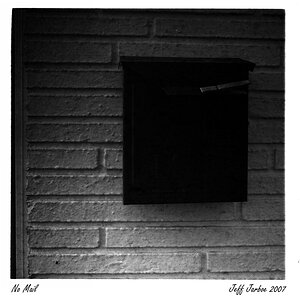

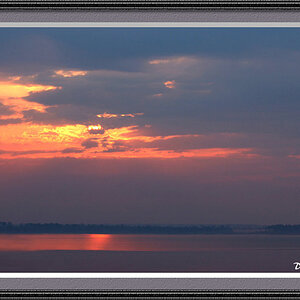



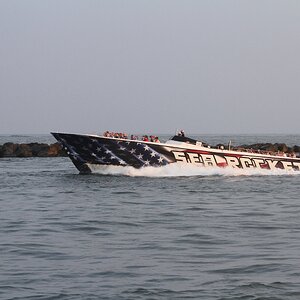

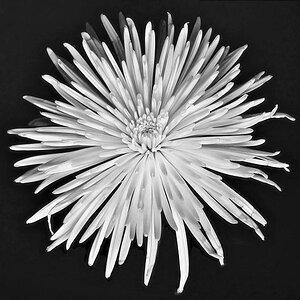
![[No title]](/data/xfmg/thumbnail/38/38266-292dc43125dad0d89dbd806503618171.jpg?1619738549)

